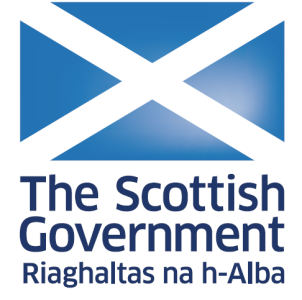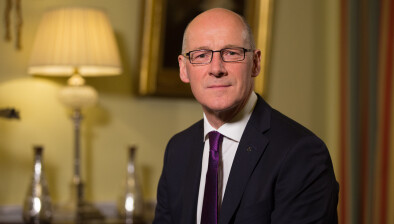Consultation responses published into definition of ‘Gypsies and Travellers’ for planning purposes

The Scottish Government has published an analysis of responses to its consultation on the definition of ‘Gypsies and Travellers’ for the specific purpose of planning legislation relating to local development plan evidence reports.
The Planning (Scotland) Act 2019 requires planning authorities to seek the views of Gypsies and Travellers in preparing an Evidence Report for their Local Development Plans (LDPs) and to include a summary of the action taken by planning authorities to meet the accommodation needs of Gypsies and Travellers.
The consultation asked seven questions related to the Scottish Government’s proposed definition of ‘Gypsies and Travellers’, the way councils should better involve the Gypsy/Traveller community in planning consultations and processes, and the impact of this (or any) definition on business and groups of protected characteristics to inform the associated impact assessments.
In preparation of the consultation, Scottish Government officials participated in a planning workshop at a Gypsy/Traveller community event in November 2022. The Planning, Architecture and Regeneration Division took the opportunity of this event, which is part of a series hosted regularly to engage Gypsy/Traveller community members with government and third sector organisations, to have early engagement on the proposed draft definition and gain insight from communities. Once the consultation was published, Scottish Government officials also took part in a number of in-person engagement sessions to gain views on the proposed definition from Gypsy/Traveller community members.
There were 41 respondents to the online consultation. Of these respondents, 18 were individuals, 15 were planning authorities and eight were either third sector organisations, housing/planning related organisations, Gypsy/Traveller support charities or Travelling Showpeople representative bodies (Annex A provides a list of respondents). A total of 23 people participated in the in-person engagement sessions. An analysis of the discussions at these in-person engagement sessions can be found in section 6 of the report.
While many respondents welcomed the idea of a definition to enable councils to more effectively seek the views of Gypsy and Traveller communities, there were mixed responses to the proposed definition that was initially set out by the Scottish Government.
The need to recognise Gypsies and Travellers in their multiple communities with distinct and different cultures, histories and planning needs was a consistent theme throughout the consultation questions. In particular, the recognition of ethnic minority Gypsy/Travellers and their protected characteristics was of great importance to respondents, both from the online survey and the in-person engagement sessions.
Respondents highlighted that Travelling Showpeople are to be regarded as a separate community with their own distinct planning needs, both within the definition and in councils’ consultation processes.
While respondents welcomed the idea of a definition that is inclusive and broad to capture the many Travelling communities and include Travellers whether they are currently travelling or not, there were concerns that a definition that is too vague can consequently capture non-Travelling communities or create confusion and further misunderstanding to the identities of these multiple groups. This was perceived by online respondents and session participants.
Respondents broadly agreed that the way councils should involve Gypsy and Traveller communities in their planning processes should incorporate multiple engagement techniques, face-to-face consultations, and be accessible to all groups and individuals in the Gypsy and Traveller communities within that area.
Most respondents believe that this (or any) definition would not have an impact on businesses. Most respondents believe that this (or any) definition would have an impact on certain groups of protected characteristics.
Of those who do believe a definition would impact businesses and groups of protected characteristics, most believe the nature of the impact is dependent on the final definition, or they are unsure of the nature of the impact.






